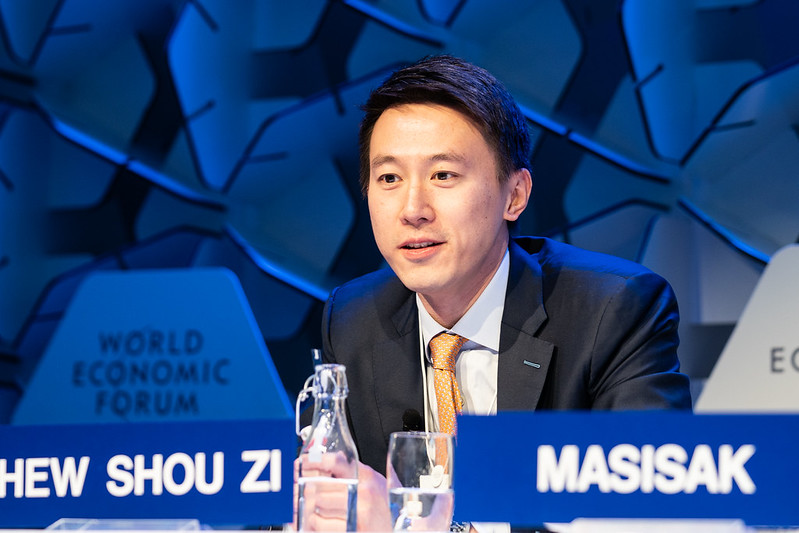 POLICY
POLICY
 POLICY
POLICY
 POLICY
POLICY
TikTok Chief Executive Shou Zi Chew met with the U.S. House Committee on Energy and Commerce today and the five hours of questioning went as well as expected in that most, if not all, participants had already made their minds up on the future of the highly popular service.
Chew faced a range of questions about TikTok and its parent company ByteDance Ltd.’s links to the Chinese Communist Party, with Chew attempting to allay fears by explaining what the company is doing and planning to do to safeguard the data on U.S. users.
Under “Project Texas,” TikTok is currently transferring all U.S. data to servers in the U.S., a process that started in October with all new TikTok data being stored in the Oracle Cloud environment. Although the move is not complete, TikTok has started deleting data from TikTok’s servers in Singapore and Virginia as of last week.
Chinese government access to the data gathered by TikTok was at the center of the questioning. Representative Bob Latta asked Chew if any ByteDance employee in China could currently access U.S. data. In response, Chew said, “after Project Texas is done, the answer is no. Today, there is still some data that we need to delete.”
CNBC reported that in a later exchange with Rep. Tim Walberg, Chew denied it shares U.S. data with the Chinese Communist Party, saying that TikTok is a “private business” that, like many others, relies on a “global workforce.”
Besides the national security concerns raised during the hearing, Chew was also grilled on TikTok’s addictive nature, including a recent move by the company to launch a 60-minute watch limit for teen users. When asked how effective the action had been, Chew could not provide data.
The testimony came amid more reports that the Biden administration is still trying to force ByteDance to divest TikTok in the U.S., a Trump-era proposal that was once derided by Democrats and the media as xenophobic and racist.
As Chew testified at the hearing, the Chinese government said it would “resolutely oppose” any forced sale. The sale “would seriously damage investors from multiple countries including China” and harm “confidence to invest in the United States,” Chinese government spokesperson Shu Jueting said.
While Chew, a Singapore native, arguably did well at the hearing in terms of presenting the company’s position and its plans to address concerns, it was nothing more than a quasi-show trial or Kangaroo Court. It was clear from the range of questioning that it was all for show and it made zero difference in what Chew said or didn’t say.
The next move is now in the Biden administration’s court. The two options in the weeks and months ahead are forced divestiture or a ban, and while other countries have either partially or fully banned TikTok, the move may not be quite as simple in the U.S.
Along with free speech concerns, Chew also revealed that TikTok now has a staggering 150 million users in the U.S., slightly under half of the entire U.S. population. With a presidential election due next year, the consideration is not one of national security alone but also politics. Banning TikTok is going to be highly unpopular among its many users and many of those users are young people who tend to vote Democratic. Even before a possible ban, the opposition is rapidly growing against the move.
Support our mission to keep content open and free by engaging with theCUBE community. Join theCUBE’s Alumni Trust Network, where technology leaders connect, share intelligence and create opportunities.
Founded by tech visionaries John Furrier and Dave Vellante, SiliconANGLE Media has built a dynamic ecosystem of industry-leading digital media brands that reach 15+ million elite tech professionals. Our new proprietary theCUBE AI Video Cloud is breaking ground in audience interaction, leveraging theCUBEai.com neural network to help technology companies make data-driven decisions and stay at the forefront of industry conversations.